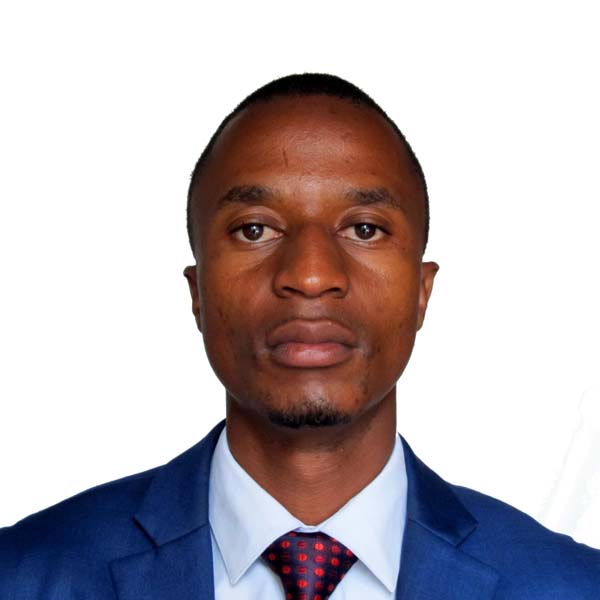Gift ‘Ostallos’ Siziva on the Global Stage: A Canon Collins Scholar at the G20
The Summit’s presence on African soil for the first time marked a pivotal shift in how global economic governance recognises the continent’s challenges, aspirations, and intellectual contributions.
I participated in the Summit as part of the Civil 20 (C20) engagement processes, drawing on my experience as the founder of the Catalyst Centre, a youth-led African think tank, as a PhD candidate and former Member of the Zimbabwe Parliament. Contributing to the consultations that shaped the Johannesburg Declaration, later endorsed by President Cyril Ramaphosa, was a powerful reminder of how civic knowledge and research can inform global policy debates.
My presence there was also profoundly shaped by what the Canon Collins’s scholarship stands for: an ethos centred on social justice, critical inquiry, and leadership rooted in community. The scholarship has strengthened my intellectual grounding, sharpened my analytical lens, and nurtured a commitment to public-interest research. These foundations enabled me to make meaningful contributions to discussions on inequality, development financing, climate justice, youth inclusion, and multilateral reform. It framed how I engaged with the policy issues on the table.
For Africa, the implications of this G20 Summit are significant. The continent’s diverse voices, including those of young people, researchers, civil society organisations, and social movements, were able to influence conversations that have global consequences. Hosting the Summit in Johannesburg was more than symbolic; it created space for African priorities to be recognised in a forum that shapes 80% of the world’s GDP and sets the tone for global development pathways.
The experience reinforced a key lesson:
Africa is not merely an object of global policy; it is a producer of ideas, solutions, and leadership.
Being part of this moment was not just a professional milestone; it was a profound experience. It was a powerful affirmation that Africa’s voice is rising and that scholars, activists, and young leaders have a critical role in shaping the continent’s global presence with depth, integrity, and courage.

